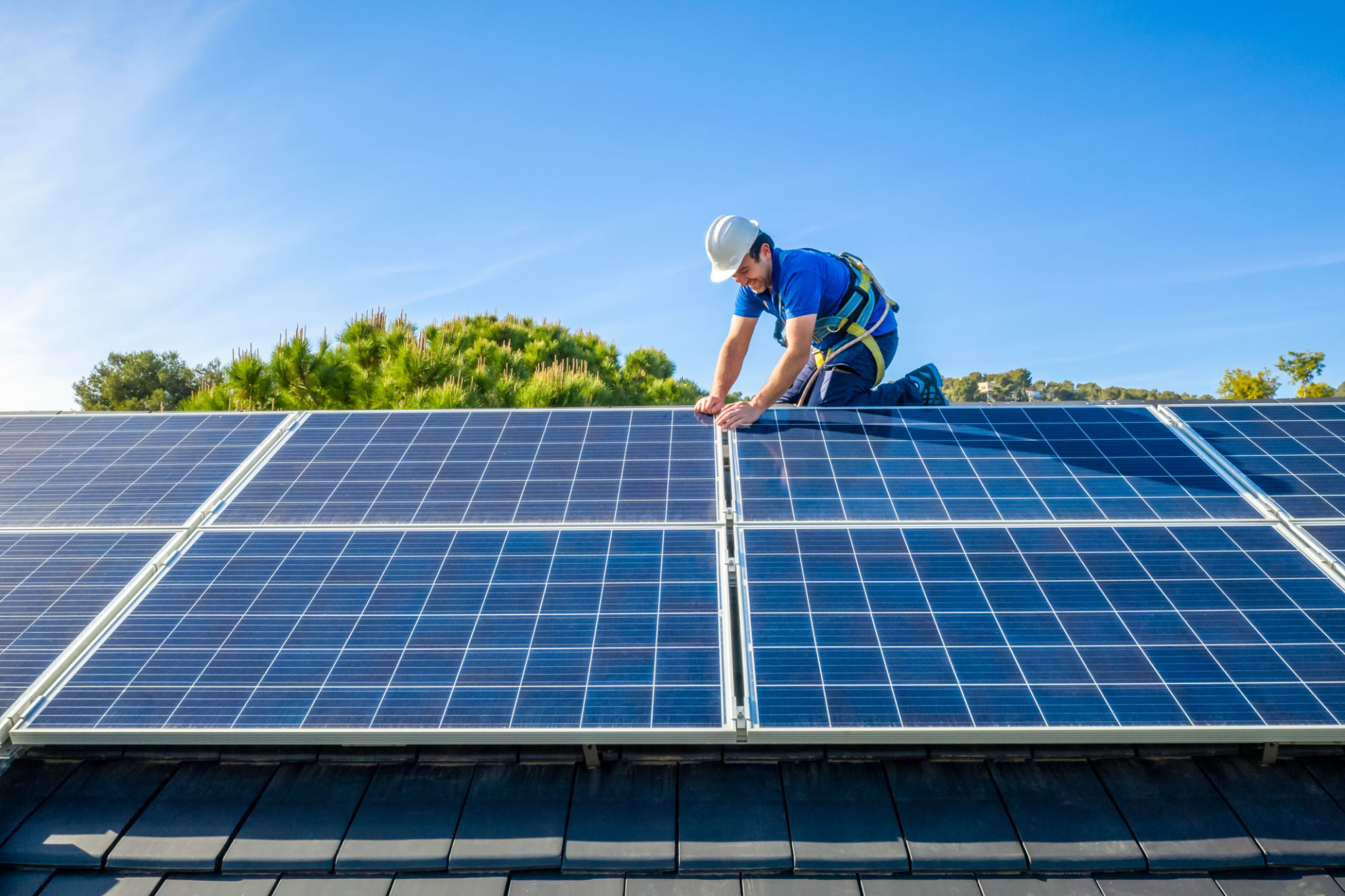Debunking Myths About Summer Energy Savings with Solar Panels
Understanding Solar Panel Efficiency in Summer
Many homeowners believe that solar panels are only efficient during the hot summer months. While it is true that longer daylight hours can increase energy production, the efficiency of solar panels is actually affected by temperature. Solar panels work best under cooler conditions, and their efficiency can decrease as temperatures rise. It is important to understand this distinction to properly manage expectations regarding energy savings.

Myth: More Sun Equals More Energy Savings
Another common misconception is that the more sunlight you have, the greater your energy savings will be. While it’s true that more sunlight can lead to higher energy production, it doesn't necessarily mean your savings will increase proportionally. Energy savings depend on various factors such as your household's energy consumption and the efficiency of your solar panel system.
To maximize savings, it’s crucial to install an appropriately sized solar panel system that aligns with your energy needs rather than just relying on increased sunlight exposure during summer.
The Role of Net Metering
Net metering is a billing mechanism that credits solar panel owners for the electricity they add to the grid. Many people assume that net metering is only beneficial during the summer months when solar panels generate more electricity. However, net metering can also be advantageous throughout the year as it allows you to bank excess energy produced during sunny days and use it when production is lower, such as during winter months.

Myth: Solar Panels Produce Less Energy in Winter
Contrary to popular belief, solar panels can still produce a significant amount of energy during winter. Although the days are shorter and there is less sunlight, the cooler temperatures can enhance the efficiency of the panels. Additionally, snow can reflect sunlight and further boost energy production, especially on clear winter days.
Thus, solar panels offer a year-round solution for energy savings, not just during summer.
Maintenance and Performance
Some homeowners worry about increased maintenance needs for solar panels during summer due to potential dust and debris accumulation. While it's true that keeping your panels clean can enhance performance, they are designed to withstand various weather conditions with minimal maintenance. Regular inspections and occasional cleaning are typically sufficient to maintain their efficiency.

Myth: Solar Panels Need Constant Cleaning
Many believe that solar panels require frequent cleaning to function effectively. In reality, rain is often enough to clear away most dirt and dust from the panels. In dry climates, a simple rinse with water every few months can maintain optimal performance. Over-cleaning or using abrasive materials can actually damage the panels, reducing their efficiency.
Proper maintenance practices ensure long-term savings and optimal performance of your solar panel system.
Conclusion
Solar panels are a valuable investment for sustainable energy savings year-round. By understanding their efficiency dynamics and debunking common myths, homeowners can make informed decisions that maximize their energy savings and contribute positively to environmental sustainability.